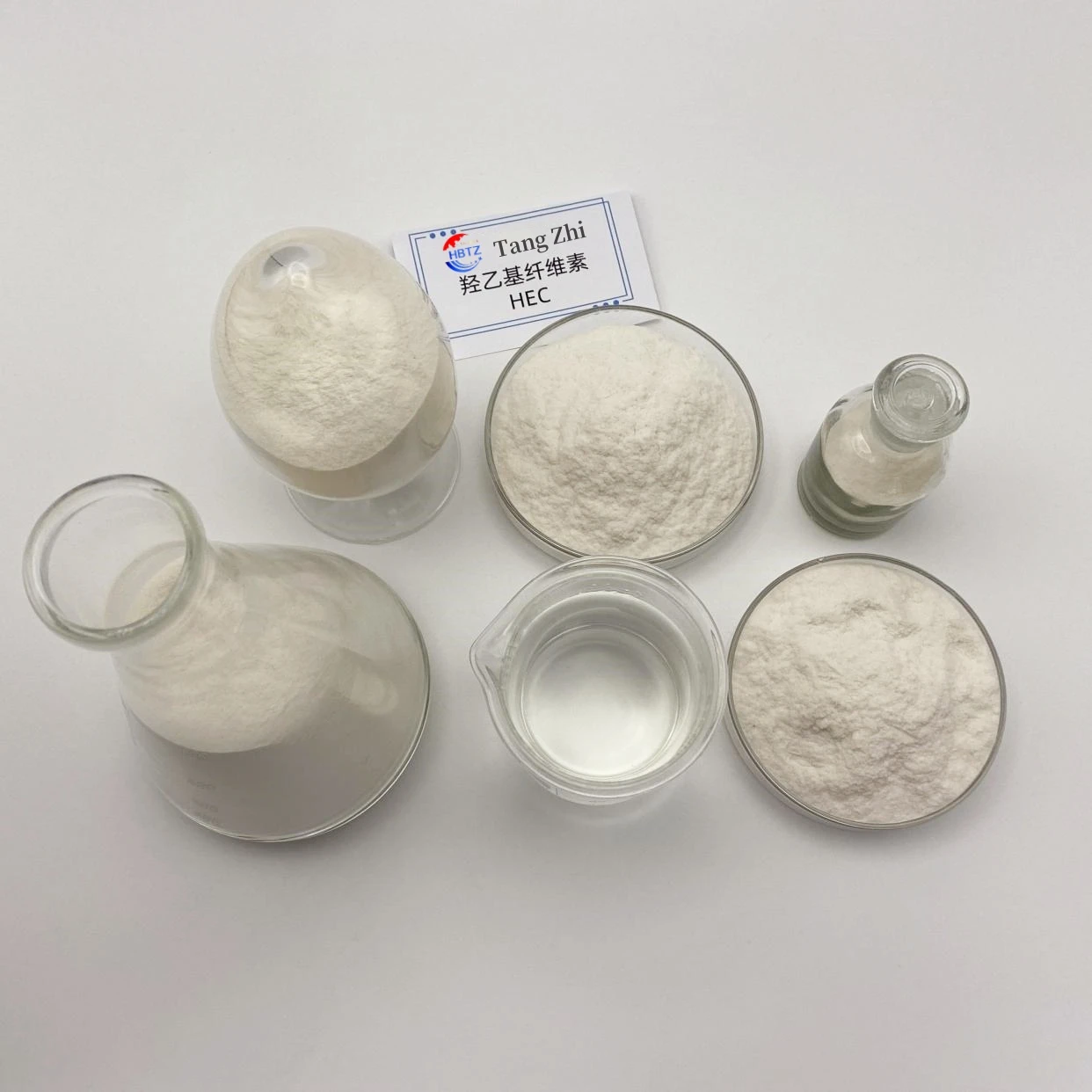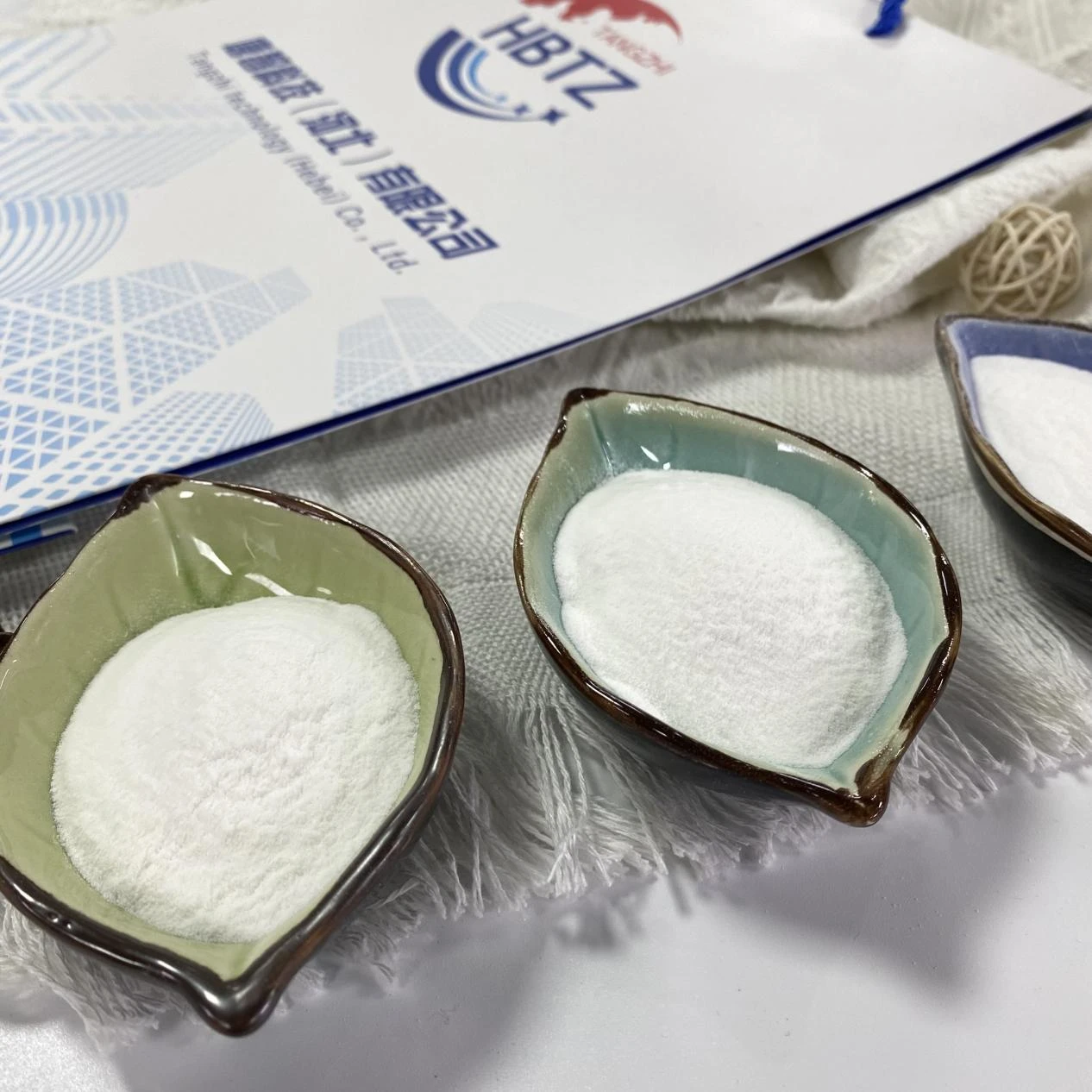Hebei Tangzhi Technology Co., Ltd.

Hydroxyethyl Methyl Cellulose(MHEC)
Jan . 16, 2025 05:12
Back to list
Hydroxyethyl Methyl Cellulose(MHEC)
Cellulose is one of nature's most abundant natural polymers, composing the cell walls of plants and giving them structure and strength. Unlike other materials, cellulose's unique properties have found their way from simply being a component in nature to a vital ingredient in numerous industries. Understanding the multiple dimensions of cellulose can provide a wealth of insight into its applications and benefits, especially in the realm of product development and sustainability.
Pharmaceutical applications of cellulose are equally significant. As an excipient in drug formulation, cellulose helps in controlling the release rates of active ingredients, enhancing drug effectiveness and stability. Its inherent non-toxic and hypoallergenic properties make cellulose an ideal candidate for developing new drugs and health supplements aimed at sensitive populations. Moreover, cellulose's role in the development of biofuels reveals its potential in energy sustainability. Through the process of enzymatic hydrolysis, cellulose can be broken down into simple sugars and then fermented into biofuels. This process can help meet the world's increasing energy demands while minimizing environmental impact. For energy companies, investing in cellulose-based biofuels offers a path toward sustainable business practices. From a professional lens, the potential applications of cellulose are nearly limitless, thanks to ongoing scientific research and technological advancements. Guidelines and standards set by authoritative bodies, such as the FDA in food and pharmaceuticals or environmental agencies for biofuels and packaging, certify cellulose's safety and efficacy, bolstering its trustworthiness as a material choice. Companies engaging in cellulose application across different sectors can leverage these endorsements to bolster their product credibility. In summary, cellulose's importance stretches far beyond its biological roots. Its integration into diverse industries highlights not only its versatility but also its role in promoting a sustainable future. For businesses and manufacturers, adopting cellulose within their product lines can be both a strategic and environmentally responsible decision, aligning with industry demands for transparency, efficacy, and sustainability. By focusing on innovative applications of cellulose, companies can ensure relevance and leadership in an ever-evolving marketplace.


Pharmaceutical applications of cellulose are equally significant. As an excipient in drug formulation, cellulose helps in controlling the release rates of active ingredients, enhancing drug effectiveness and stability. Its inherent non-toxic and hypoallergenic properties make cellulose an ideal candidate for developing new drugs and health supplements aimed at sensitive populations. Moreover, cellulose's role in the development of biofuels reveals its potential in energy sustainability. Through the process of enzymatic hydrolysis, cellulose can be broken down into simple sugars and then fermented into biofuels. This process can help meet the world's increasing energy demands while minimizing environmental impact. For energy companies, investing in cellulose-based biofuels offers a path toward sustainable business practices. From a professional lens, the potential applications of cellulose are nearly limitless, thanks to ongoing scientific research and technological advancements. Guidelines and standards set by authoritative bodies, such as the FDA in food and pharmaceuticals or environmental agencies for biofuels and packaging, certify cellulose's safety and efficacy, bolstering its trustworthiness as a material choice. Companies engaging in cellulose application across different sectors can leverage these endorsements to bolster their product credibility. In summary, cellulose's importance stretches far beyond its biological roots. Its integration into diverse industries highlights not only its versatility but also its role in promoting a sustainable future. For businesses and manufacturers, adopting cellulose within their product lines can be both a strategic and environmentally responsible decision, aligning with industry demands for transparency, efficacy, and sustainability. By focusing on innovative applications of cellulose, companies can ensure relevance and leadership in an ever-evolving marketplace.
Latest news
-
High-Performance Gypsum Retarder Chemical - Control SettingNewsAug.04,2025
-
Top HPMC Suppliers Enhanced by GPT-4 Turbo | Quality AssuredNewsAug.03,2025
-
High-Performance Concrete Water Reducer Enhanced with GPT-4 TurboNewsAug.02,2025
-
MHEC Cellulose Premium Additive | Enhanced Industrial UsesNewsAug.01,2025
-
Antifoam & Defoamer Solutions | Fast Foam ControlNewsAug.01,2025
-
Hydroxyethyl Cellulose for Paint - Superior Thickening SolutionsNewsJul.31,2025





















